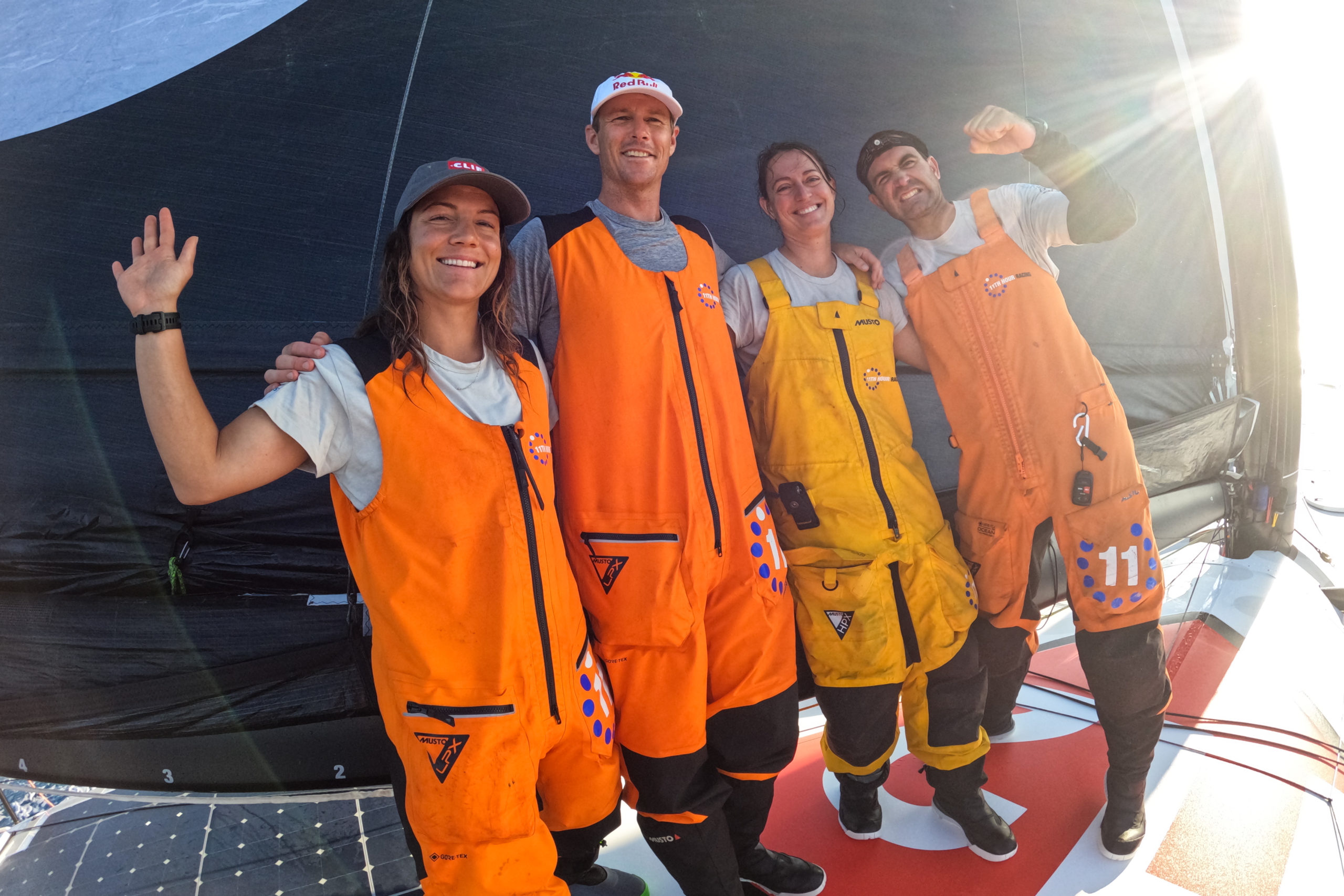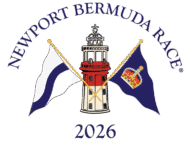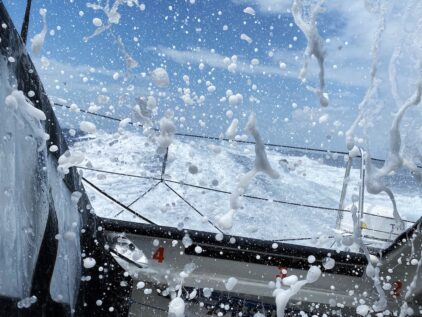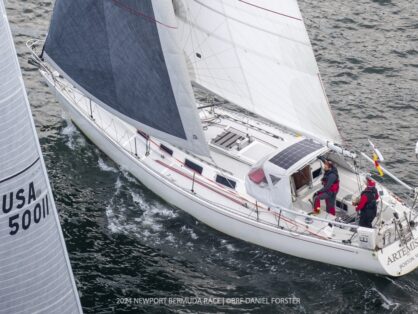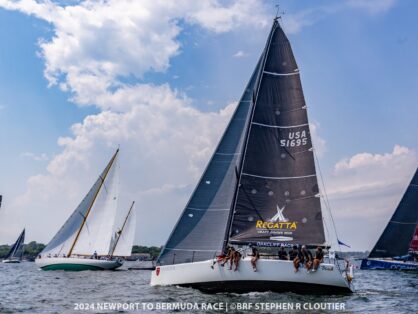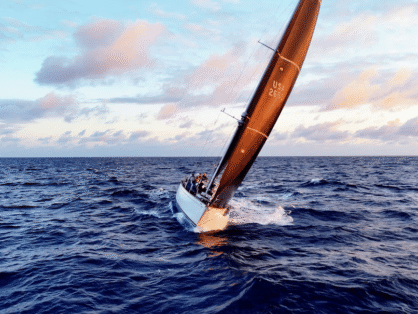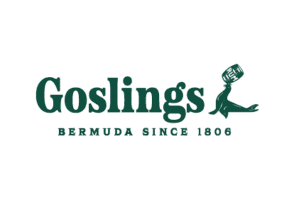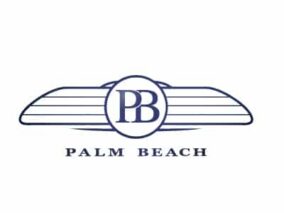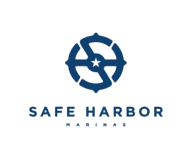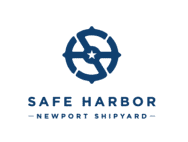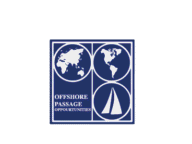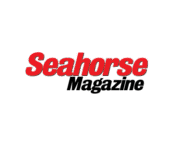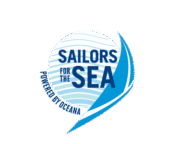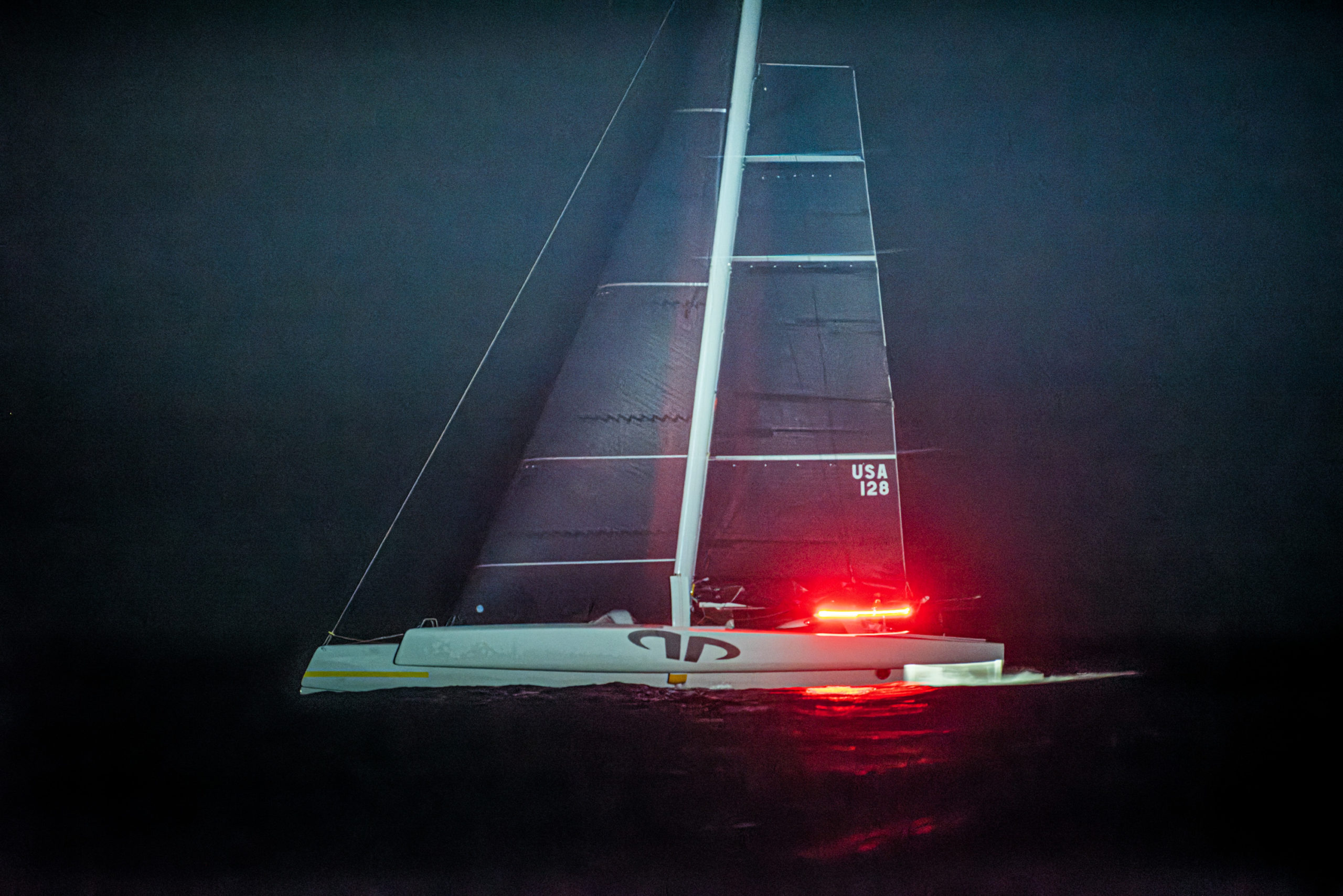
HAMILTON, Bermuda (June 19, 2022)—Jason Carroll (New York City) stood on the dock at Royal Bermuda Yacht Club well after midnight, looking fatigued yet energized after winning line honors in the 52nd Newport Bermuda Race.
Carroll and his crew on the MOD70 trimaran Argo set an elapsed-time record time of 33 hours—faster than any elapsed time ever recorded in the 116-year history of the Bermuda Race—covering the 635-nautical mile course at an average speed of 19.24 knots. But it wasn’t without some pain.
“The forecast under-appreciated just how rough the sea state was,” said the 44-year-old Carroll. Later he added, “The whole crew is wiped out. We’re tired.”
Tired, perhaps, but also happy to set another course record—Argo’s sixth, to go with two world records—and relieved that they made it to shore in one piece. They were the first Saturday-night finishers in the history of the storied race, co-organized by the Cruising Club of America and the Royal Bermuda Yacht Club.
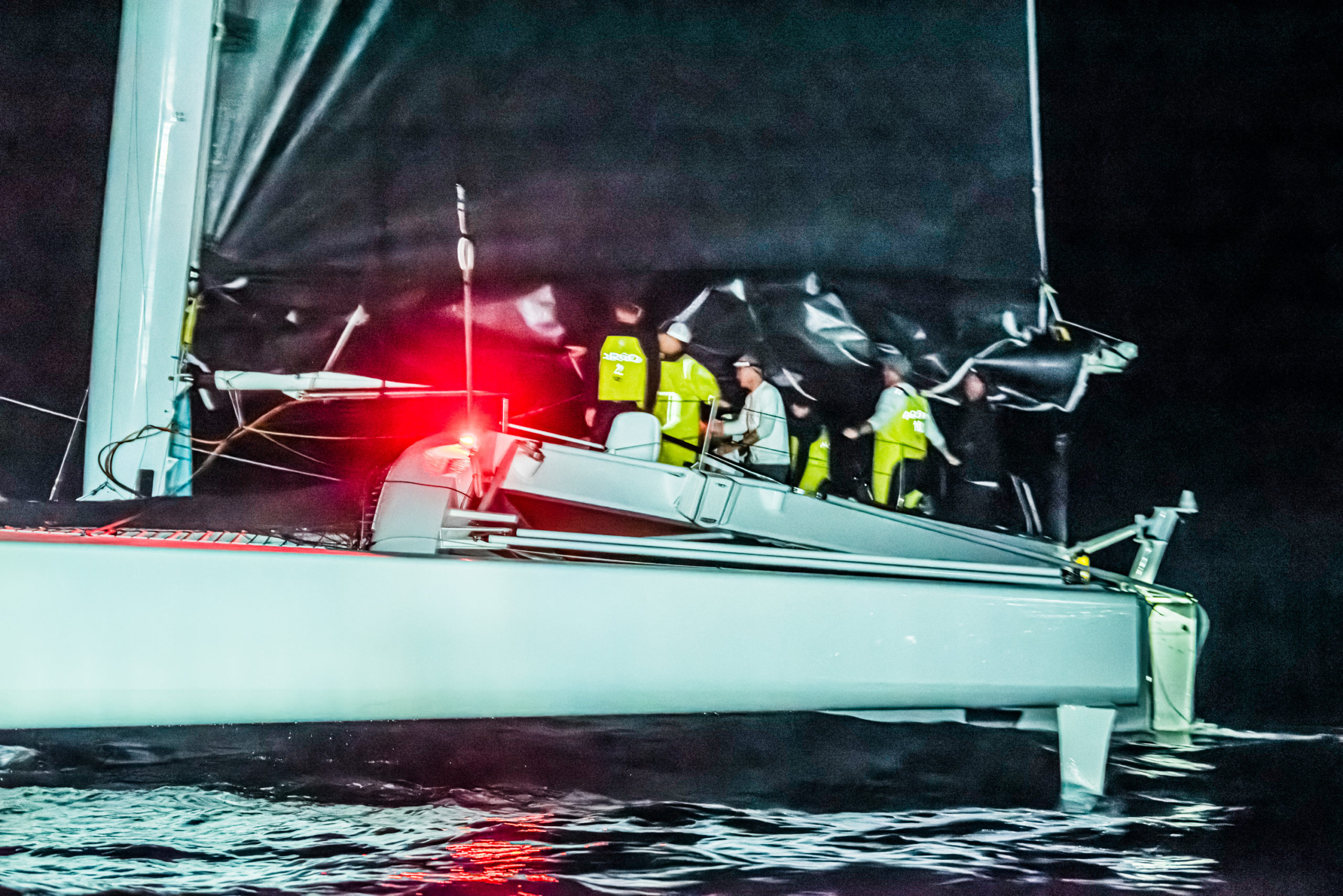
“We’re thrilled about the record,” said Chad Corning (New Rochelle, New York), the program’s manager. “There are only so many major ocean races…to have the Bermuda Race, the Middle Sea Race and the Caribbean 600 means a lot to us. And it’s great to be the only boat to finish on Saturday. The Bermuda Race has so much history, this record is probably the most significant one for us because it is such a well-established race. It’s a great feeling.”
Carroll’s international crew aboard Argo included Westy Barlow (Newport, Rhode Island), Corning, Pete Cumming (Warsash, England), Thierry Fouchier (Marseille, France), boat captain Chris Maxted (Melbourne, Australia), Charlie Ogletree (Seabrook, Texas) and Alister Richardson (Bournemouth, England).
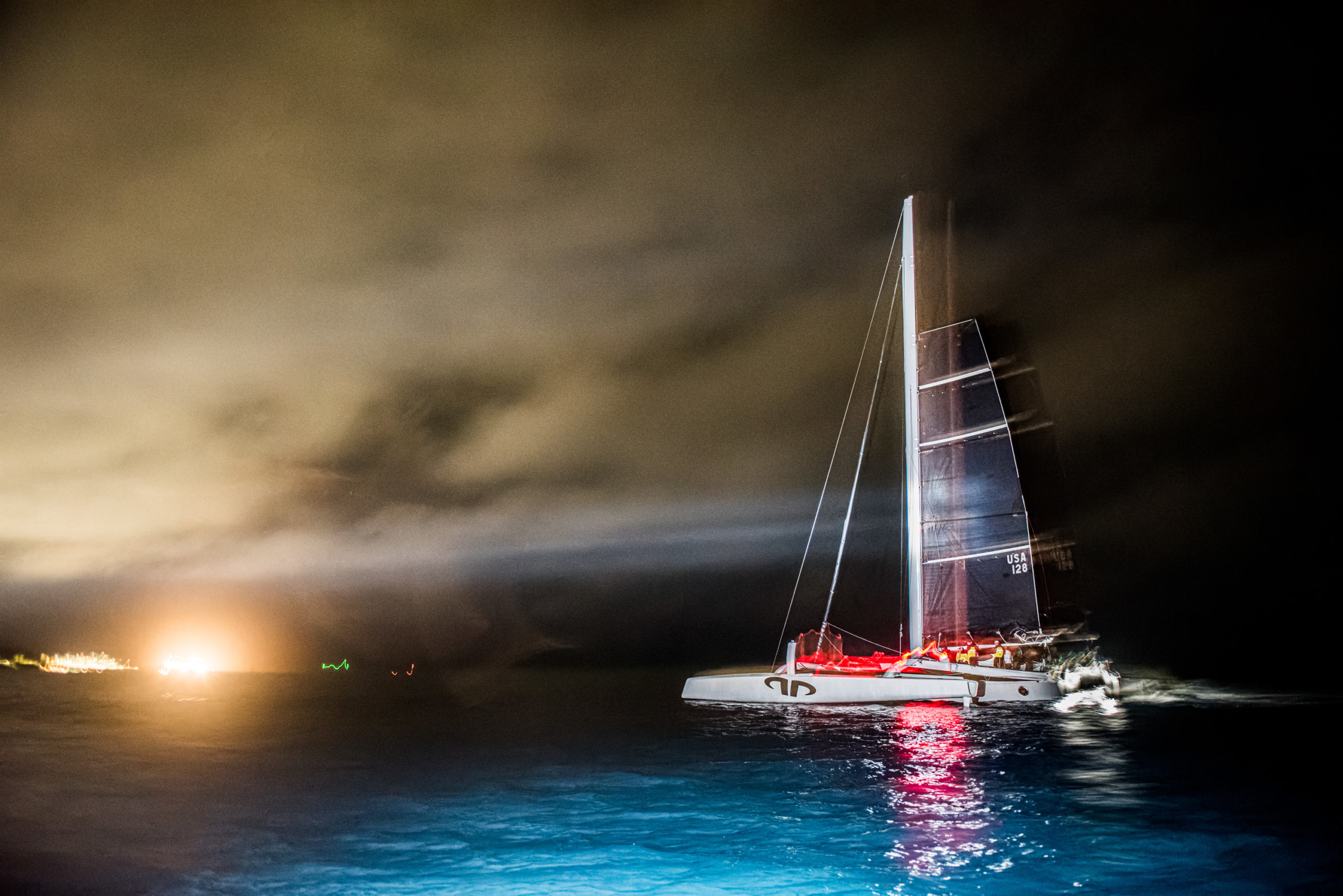
After starting the race with a full main and J1 headsail, clearing the committee boat within mere feet, Carroll said that it didn’t take long for the crew to start depowering.
“We spent a lot of time throttled back, making sure we wouldn’t have a problem. It was quite rough for us in the middle of the race,” Carroll said. “About three hours into the race, we were down to two reefs and the J2. Ten hours in we had the J3. We made a whole bunch of steps down in first few hours as we got offshore.” (In the interview below, Carroll spoke again the next day with Media Team member Dave Reed, of Sailing World.)
Corning echoed Carroll in saying that it was a rough race, mostly due to the sea state.
“We were expecting a sea state of 2 to 2.5 meters, but in general it was 3.5 to 4 meters,” said Corning. “The Gulf Stream was a bit smoother because the current direction was more or less aligned with the wind direction. We had 25-30 knots of wind for most of the race, and the high was mid-30’s at times. We were really just hanging on.”
Corning said that they transited the Gulf Stream at about 90 degrees and saw a 4-knot current flowing west to east, but they were in and out of it quickly. They sailed the meat of the course with two reefs and a storm jib for about 21 hours, from Friday evening until Saturday afternoon.
“It was some of roughest conditions we’ve had on the boat,” Corning said. “The sea state was just nasty, coming from all different directions. You never knew where the waves were coming from and they would hit the boat at all different angles. You had to crawl around the cockpit to get anywhere. It was a very violent motion, a lot of the guys got sick.”
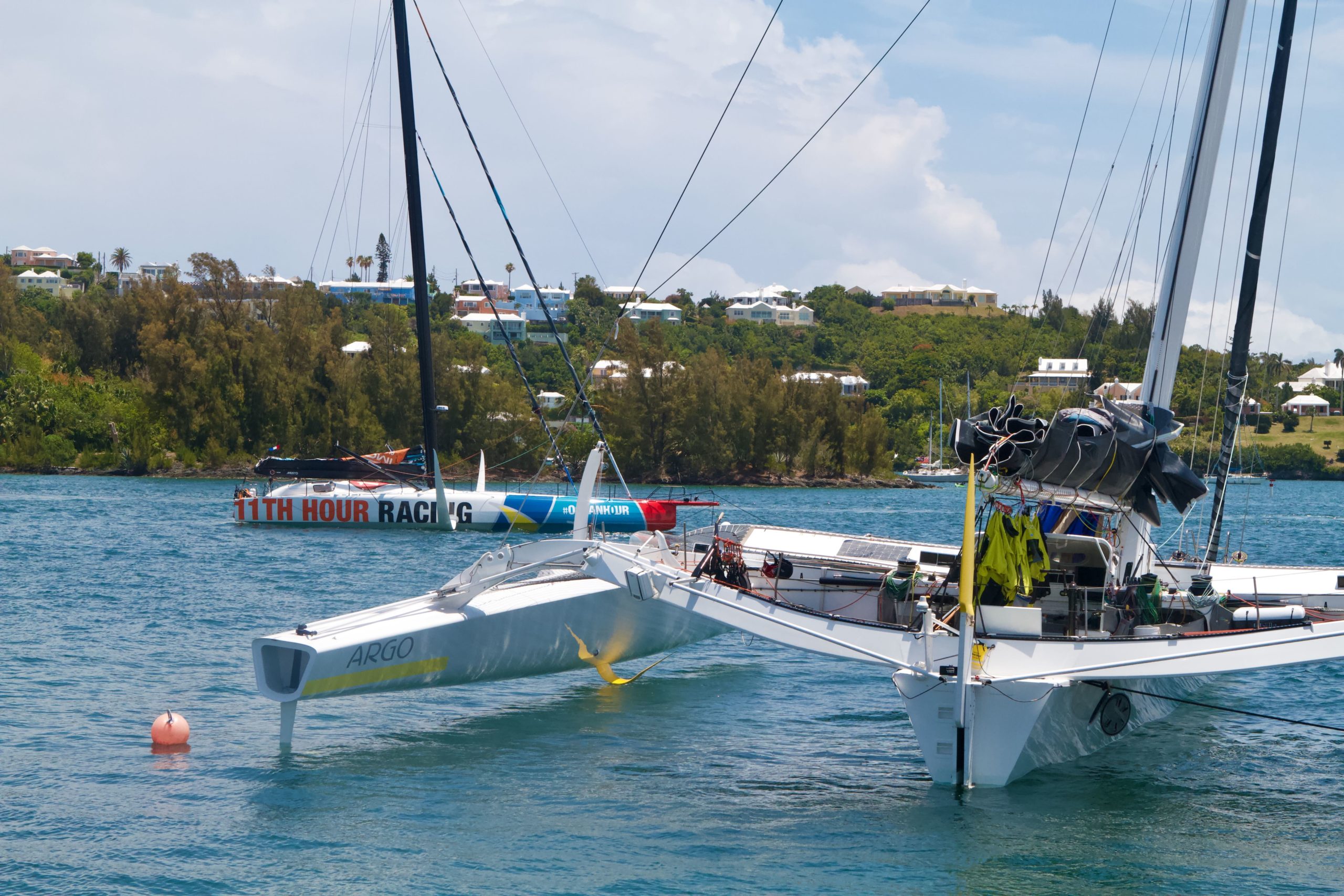
Mālama Second to Finish
At 07:48:43 ADT this morning, almost eight and a half hours after Argo finished, skipper Charlie Enright (Barrington, Rhode Island) guided the IMOCA 60 Mālama from 11th Hour Racing across the finish line. Mālama, like Argo a foil-assisted craft, completed the course in 41h:28m:48s, at an average speed of 15.3 knots.
While Argo’s elapsed time is the fastest in the history of the race, Mālama’s is the fourth fastest. The two foilers bookend the 100-foot Comanche’s 34h:49m mark in 2016 and the 90-foot Rambler 90’s 39h:39m time in 2012.
As Enright disembarked at Royal Bermuda Yacht Club later in the morning, he said that Mālama experienced winds up to 35 knots and never sailed lower than 70 degrees to the wind. “It was pretty impressive,” he said, “sailing with cracked sheets upwind doing 18 knots.”
“We had some adversity, but we were able to fight through it,” said Enright, referring to issues that cropped up with electronics and rigging. “In those conditions,” he added, “we try not to come out of the water [on the foils]; we’re trying to displace as much of the boat as possible. We can control how much we come out by adjusting the rake of the foil and the extension of the foil.”
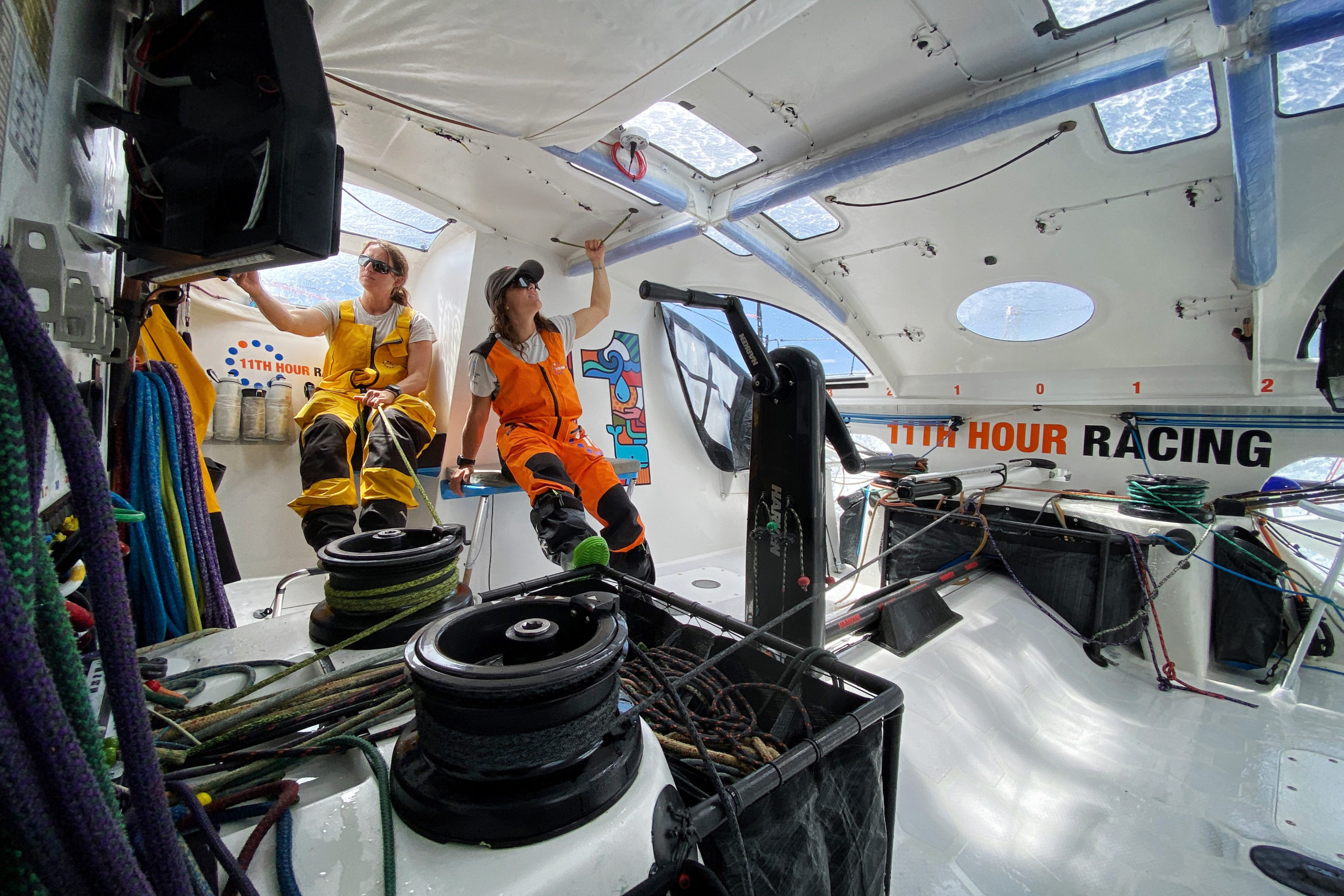
Asked about guest crewmembers big wave surfer Ian Walsh and backcountry snowboarder Elena Hight, Enright said, “Our guest crew was amazing. I was worried about them surviving but they not only survived, they thrived. They enjoyed every second of it and got involved in sailing the boat.”
